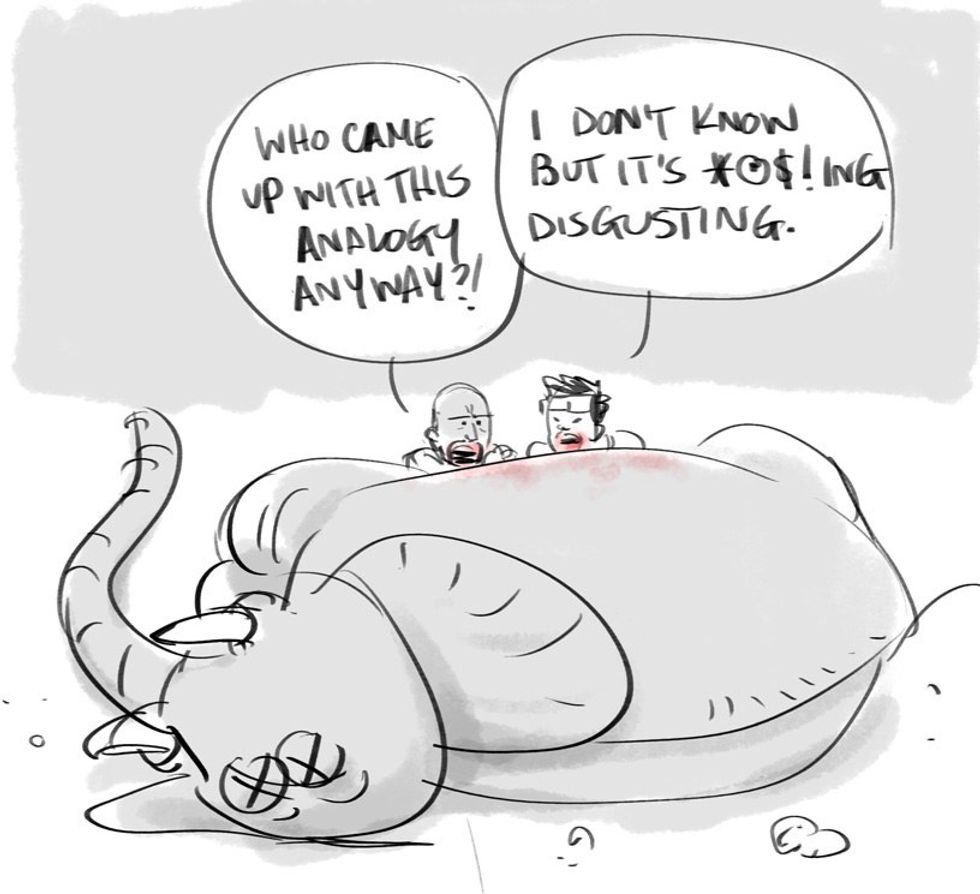Higher education is a wondrous thing. It provides many of us with knowledge that would otherwise be unattainable and give us that extra step up in life. But in a world that is flooded with freshly packaged college graduates that extra step doesn't seem to get us as far as it used to. So we tend to pursue even higher education to gain another rung in the ladder of life. As an individual who obtained her Master's Degree fresh out of undergrad I have some advice for you from the current professional "white collar" job market. Let's do a list of pro's and con's. Why? Because I like lists that's why.
Pro's
You're still in the habit of studying.
Your mental aptitude for learning is at it's peak and your ability to absorb boring information is still active.
You're still able to use previous scholarships or active loan accounts.
You're probably going to be the youngest person in the room and it feels great to have older people need you for tech support or studying tips.
You're done with this step of your life before your life really begins.
Con's
You're probably burnt out from studying and will hate your classes halfway through your new degree.
Scholarships are harder to find for a Master's Degree.
If you're not a residential student (I decided to take online courses), time management becomes A LOT harder between work, hobbies, social time, and actually forcing yourself to study and do your assignments.
As you search for jobs to use your shiny new degree you notice there's a shortage of professional jobs and an abundance of labor positions that pay far more than you could have ever imagined. (At one point I almost gave up on my degree to pursue welding. A tradesman can make $20hr easily while I struggled to find a position willing to pay $15hr.)
Your resume will come back with the advice (if employers are generous enough to respond) to seek out 3-5years of experience before applying to their organization. (No, those internships you had in undergrad do not count. Don't ask me why, I wish I knew.)
Your student loan debt increases. (In most cases, I fought tooth and nail for scholarships and worked 3 jobs to pay my tuition and managed to avoid having to take out a loan for both Undergrad and Graduate. No, I didn't have a social life. Thanks for asking.)
There's my list, of course some of it is subjective as it all depends on what degree you're pursuing and what personal connections you're able to establish within your desired field, but the prevailing fact is that you've decided to better yourself. Good for you. A Master's is definitely worth having. I was lucky to find a corporation that would take me fresh out of the cap and gown, but I searched for a solid 6 months to find them and was able to make a personal connection during the interview so they took the risk and hired me. While I am grateful for the newfound position; I'm not going to sugar coat the truth. I was turned down by no less than 200 organizations.
So here's my advice.
Wait at least two years after your Undergraduate to obtain your Masters. This will give you two years as well as the time it takes you to complete your degree of marketable experience in the field. Those two years will also serve as a great window for school research. Which Graduate Studies Program at which school is best for you? It also lets you build up the necessary capital that you'll need to pay for tuition.
Your Master's DOES NOT need to be related to your Undergrad. I have an Undergraduate Degree in Equine Business Management and Administration. My Master's is in Leadership Development for Non Profits. Both are useful for a professional, non profit, or entrepreneurial setting. So don't be afraid to expand your education into a new horizon.
Once you achieve your Master's Degree, most employers won't even ask about your undergraduate degree, so get a degree that fits your interests as they evolve.
Most importantly, always remember that this is a journey for you; for your personal self. You should never seek out a higher degree for the pleasure of or the desire to impress someone else. Society has changed, you no longer need a fancy degree to obtain a position that will allow you to pay the bills, put food on the table, and provide for your family. So do it for you. Do what you want and study what interests you.
Sincerely,
(And still wondering like Alice through this great and confusing world)
Frances





 Photo by
Photo by  Photo by
Photo by 
 Photo by
Photo by 


















